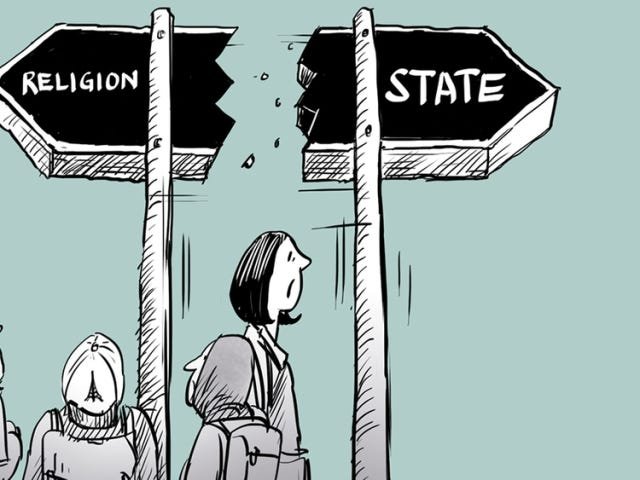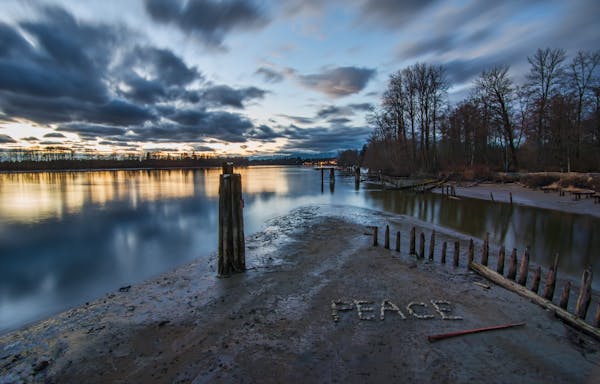That resistance lives in small, defiant acts.
That truth can still burn through screens.
That a poem might awaken a soul.
That even in the darkest verse,
a flicker of light waits to be seen.
That history bends not by chance
but by voices refusing to look away.
By Dr.Graham R. Smith
The blood runs down the screen in high definition—
softened by a soothing voice-over,
as if Orwell’s telescreen had learned to smile.¹
Rights torn like pages from forgotten constitutions,
The Magna Carta sleeps in museums,
its whisper unheard over the scroll of likes.
And still, we eat, we sleep, we dream beneath
a sky no longer watched by Blake’s angels.²
Each day is Yeats’s widening gyre,
falcons loosed to hunt for nothing but noise.³
The Second Coming plays on loop,
but no beast slouches—only men in suits,
handshaking behind closed doors of compromise.
Where is justice when the law forgets the living?
Where is the voice of the voiceless
when we mistake silence for peace?
Auden wrote of suffering while children played⁴—
now they scroll, numb-fingered, past genocide.
We hold tragedy at thumb’s length,
wrapped in filters and faux concern.
A thousand Syrians, Uyghurs, Gazans, forgotten—
folded into algorithms of indifference.
What is belief in such a world
where each outrage is archived, never avenged?
I searched for Prometheus but found
no flame, only sparks sold in reels.
We are content with echoes:
Mandela as a quote, Malala as a meme,
King without a mountaintop,
Joan without her fire.
We baptize our cowardice with applause,
clapping as another candle dies.
What would Shelley scream now, if he could?
Would his Mask of Anarchy be shadowbanned?⁵
Would Byron rage against extinction
or pen odes to a dead earth?
The poets have not vanished, only muted,
as Babel rebuilds itself in code.
And yet, we still dare to write—
a whisper against the storm.
So, what is there left to believe in?
That resistance lives in small, defiant acts.
That truth can still burn through screens.
That a poem might awaken a soul.
That even in the darkest verse,
a flicker of light waits to be seen.
That history bends not by chance
but by voices refusing to look away.
(c)Graham R. Smith
References and Intertextual Allusions
- George Orwell’s 1984 – The “telescreen” is a surveillance device used by Big Brother to control and manipulate citizens. This reference highlights the modern media’s role in desensitising the public.
- William Blake – His “angels” represent a mystical, moral universe in his poems such as Songs of Innocence and of Experience. Their absence symbolises moral collapse.
- W.B. Yeats’s “The Second Coming” – “Things fall apart; the centre cannot hold… The falcon cannot hear the falconer…” The widening gyre symbolises chaos and loss of control.
- W.H. Auden’s “Musée des Beaux Arts” – Depicts how human suffering often occurs in the background of daily life, unnoticed, referencing Breughel’s painting of Icarus.
- Percy Bysshe Shelley’s “The Mask of Anarchy” – A powerful political poem written in response to the Peterloo Massacre in 1819, urging nonviolent resistance and protest.








